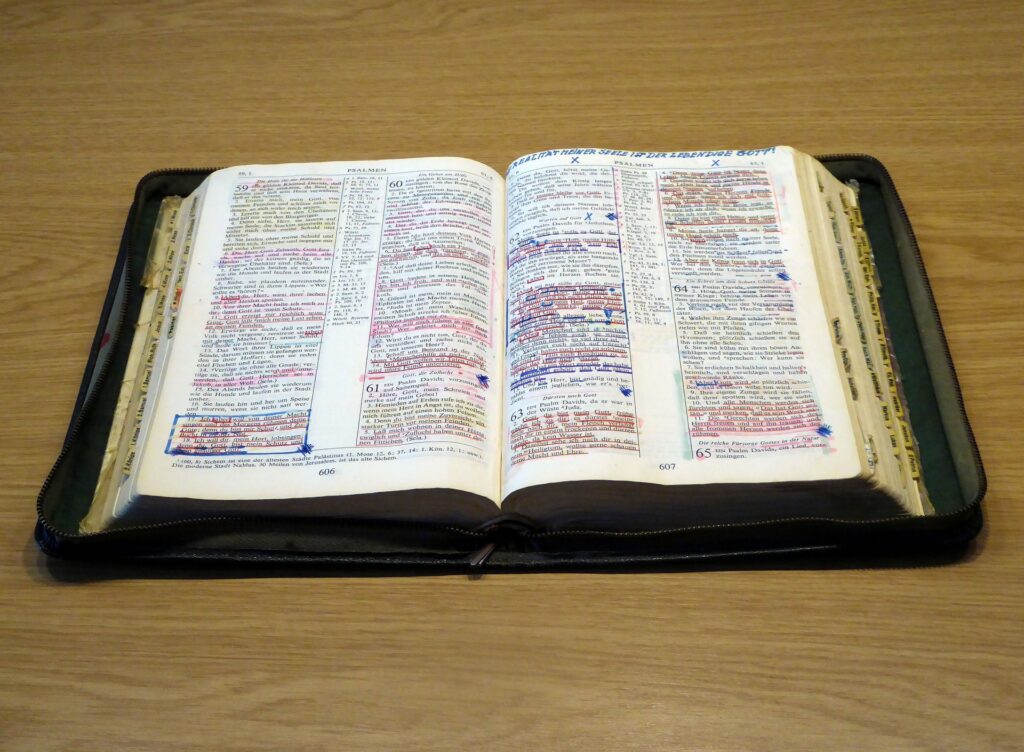
Pray for All People (1 Timothy 2:1-7)
What is the difference between supplications, prayers, intercessions, and thanksgivings? Why would Paul make this instruction “First of all?” How can one person pray “for all people?”
- What does praying for all people involve?
- What practical steps can you take to pray for all people?
We’re to pray for kings and all who are in high positions. What might our attitude be if we spent more time praying for our elected leaders rather than complaining about them? How often should we pray for those in high positions?
Why did Paul tell Timothy that Christians need to pray for those in authority? How do we know if we are leading a peaceful and quiet life? How can we live lives which are godly and dignified in every way?
Why are peaceful and quiet lives, dignified in every way, good and pleasing in the sight of God?
Does God really desire all people to be saved? What has God done that demonstrates his desire for all men to be saved? If God really desires all men to be saved…
- Why will some men be lost?
- Why does he not save all?
- Why are those who have never heard the gospel lost?
How important is a knowledge of the truth? Why is a knowledge of the truth important? Is there only one truth that someone needs to know?
There is one God. How can God, therefore, be Father, Son, and Holy Spirit? What might the complete unity within the Godhead teach us?
There is one mediator. Why is Jesus the only mediator? If there is only one mediator, what about faiths which teach there are a host of mediators between God and man?
Paul referred to the man Christ Jesus. Did he mean that Jesus is still a man? Why was it important for Jesus to be a man?
Jesus gave himself as a ransom for all. What is a ransom? Did Jesus even give himself as a ransom for those who would be lost? Why or why not?
How was the testimony about Jesus given at the proper time?
What’s the difference between an apostle and a preacher?
Did Paul always tell the truth? How do you know whether or not he did?
Why did God appoint Paul as an apostle to the Gentiles? Why would someone who advanced as far in Judaism as Paul did be a good selection as an apostle to the Gentiles? In what way(s) was Paul a teacher “in faith and truth?”





